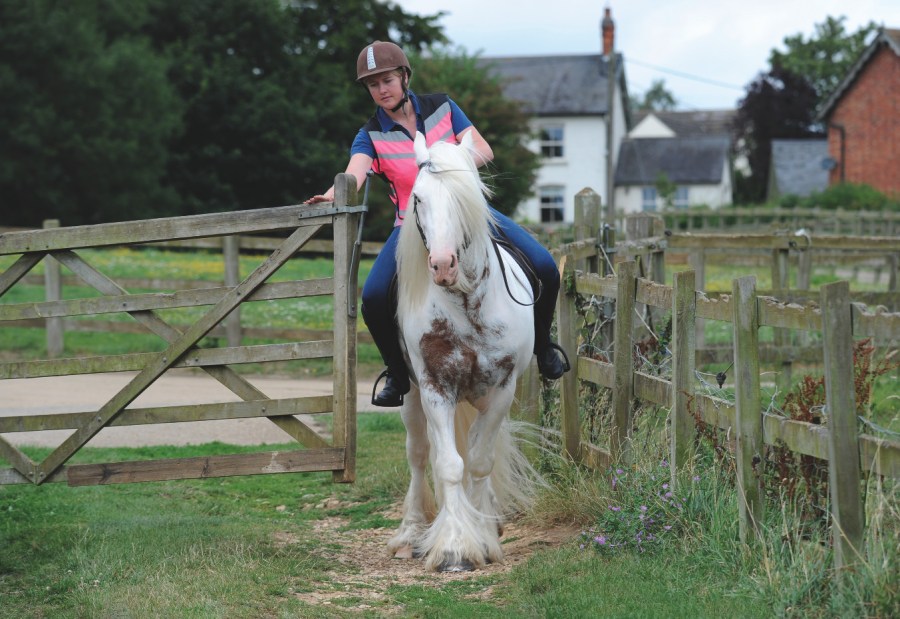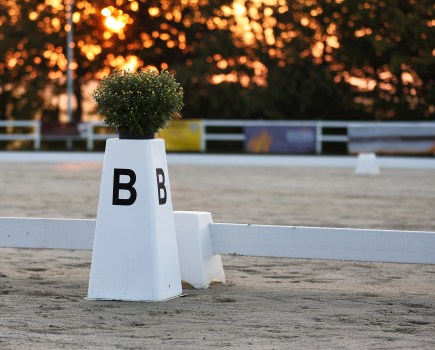Schooling your horse is fundamental to a happy, confident relationship, whether you choose to compete or solely hack, writes Emily Bevan.
Ensuring that your horse has good fundamental training and can perform basic lateral movements such as leg-yield and shoulder-in will prove advantageous not just in a dressage test, but also when hacking or being ridden in a field as you work towards your #Hack1000Miles target.
“To be safe out hacking horses need to have balance, be able to perform decent transitions, listen to the leg and accept the contact,” says international event rider Vittoria Panizzon. “If a car is coming, you don’t want your horse spinning into the road or not stopping and ploughing through the bridle at a junction.”
International showjumper Yazmin Pinchen adds: “You may need to turn in tight areas or go through gates, and so you need your horse to move away from your leg correctly.
“If any of my horses spook at something ahead I flex their head in the opposite direction and use my leg to keep them looking away from what they are spooking at. It’s helpful to be able to negotiate a situation using different flatwork aids.
“Flatwork is basic, and so if it is ignored then problems out hacking will inevitably occur in one form or another.”
‘More pleasurable to ride’
Training your horse doesn’t need to be complicated, stressful or difficult, and it doesn’t need to take place in an arena.
Incorporating simple exercises when you are out hacking or riding in the field can have a big impact on your horse’s balance, obedience and way of going, and make him more pleasurable to ride.
“When I’m out hacking, I ensure my horses are in free walk so they are active but have length of neck, and I do a transition every time I get to a junction, so they have to collect and listen to the seat and leg,” explains Vittoria.
“I am constantly teaching them to go correctly so I have better control and their brain is focused. Because I hack constructively some horses may only need to school once a week in the arena or field.”
Hacking or riding in a field can be a good opportunity to practise schooling movements as the horse is thinking forward, between the hand and leg, and going in a straight line. It is also a less pressured environment than an arena.
Fellow of the British Horse Society and British Eventing accredited coach, Sam York, advises: “Use lamp posts or trees out riding as transition markers. Halt when you get to one, count to 10 and then move on. Take what you have learnt in the school outside and be creative.”










